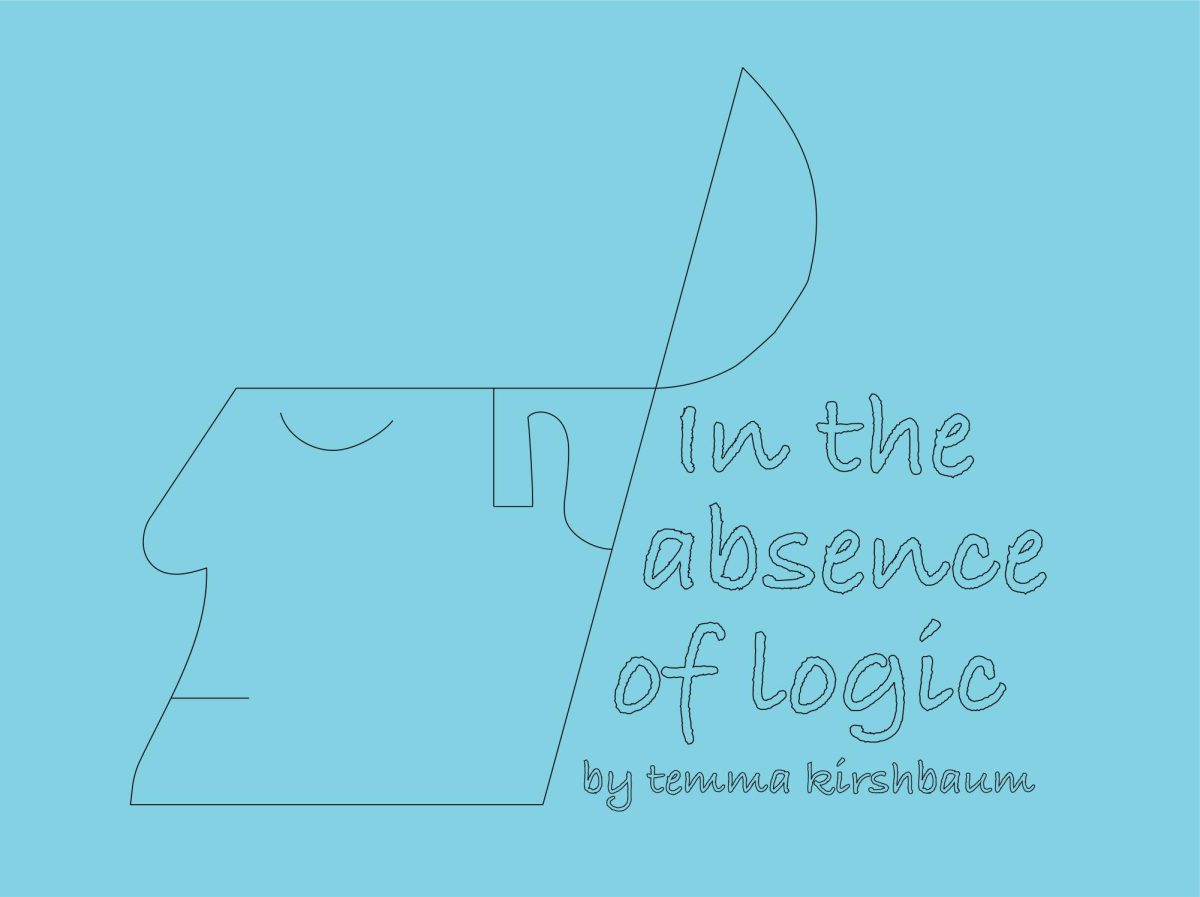Shalhevet is a quirky school, and anyone who has attended our high school knows it. I never know what kind of crazy thing is going to happen when I walk through the doors each morning. Will there be a cupcake truck giving out free cupcakes for Rosh Chodesh, or a Mexican-style fruit vendor during lunch? Each day is different, and I can always count on another new, exciting tradition to start almost out of nowhere. This week, though, our school crossed the line while trying to bring a new tradition to Shalhevet: kapparot.
The ritual of kapparot is nothing new to Judaism, just to Shalhevet. It involves holding a rooster or a hen above one’s head to transfer the person’s sins to the animal. The animal is then slaughtered and given to the poor. Some people substitute money for an animal, then donate the money to the poor. The ritual is done before Yom Kippur to purify oneself before the holiday, but it is not mentioned in the Torah or the Talmud.
I have a few issues with this custom. For one, why would we transfer our own sins to a helpless animal? These sins are our responsibility, and this tradition, however symbolic, passes them on to a defenseless chicken. Poor chicken! I know that when doing this ritual the animal isn’t necessarily harmed, but swinging a chicken, as is often the case, around a person’s head three times doesn’t exactly seem risk-free for the chicken.
Also, while holding the rooster or hen above one’s head, the person recites (in Hebrew) these words: “This is my substitute, my vicarious offering, my atonement. This chicken shall meet its death, but I shall find a long and pleasant life of peace.” That last line is so selfish! Yes, I am a vegetarian, so I may value a chicken’s life more than some people, but this is just mean. You give the chicken your sins, then flat-out say you’re going to kill it so that you can have a nice, long, peaceful life.
Another issue with this custom, which has been raised by sages such as the Ramban and Rabbi Joseph Caro, is that it seems foolish and superstitious. Judaism is strongly against anything that resembles avodah zara, which literally translates to “strange worship.” Jews are not supposed to engage in any superstitious rituals, or even rituals that seem like they would come from another religion. Ramban and Rabbi Caro even suggested that the custom of kapparot accidentally found its way into Judaism through Jews who lived among pagans.
I realize that yes, whether some people—ahem, me—like it or not, this is still a Jewish custom that people will do every year. And I also realize that just because I am uncomfortable with having a chicken waved above my head does not mean that other people have a problem with it. Perhaps it takes a weight off their shoulders and prepares them for Yom Kippur. And while I don’t eat meat myself, other people do, and at least this animal is going to the poor, right?
Wrong. I don’t think that kapparot is appropriate to do at school. This controversial custom is problematic already, with disputes over the ethicality of it as well as how much it reflects Judaism’s values. If people really want to do it, they should perform kapparot with their families or friends on their own time — not at a place where I want to focus on taking my math quiz without hearing the squawking of a rooster and thinking about its being slaughtered afterwards.
I’m also pretty sure that having kapparot during lunch made quite a few people late to their class afterwards, though that’s a different issue. But really, if having kapparot at school is so absolutely vital, at least perform the ritual with the less contentious alternative. The school should have used money to wave above people’s heads instead of a chicken, and then donated the money to the poor instead of a dead chicken.
Related: TWO BOILING POINTS OF VIEW – Kaparot: A way to feel guilt, 11/7/2012
Related: Ancient ritual for ‘transferring’ sins debuts on the Sport Court 10/10/2011
VIDEO: Kaparot on the Sport Court Oct. 7 11/4/2011












